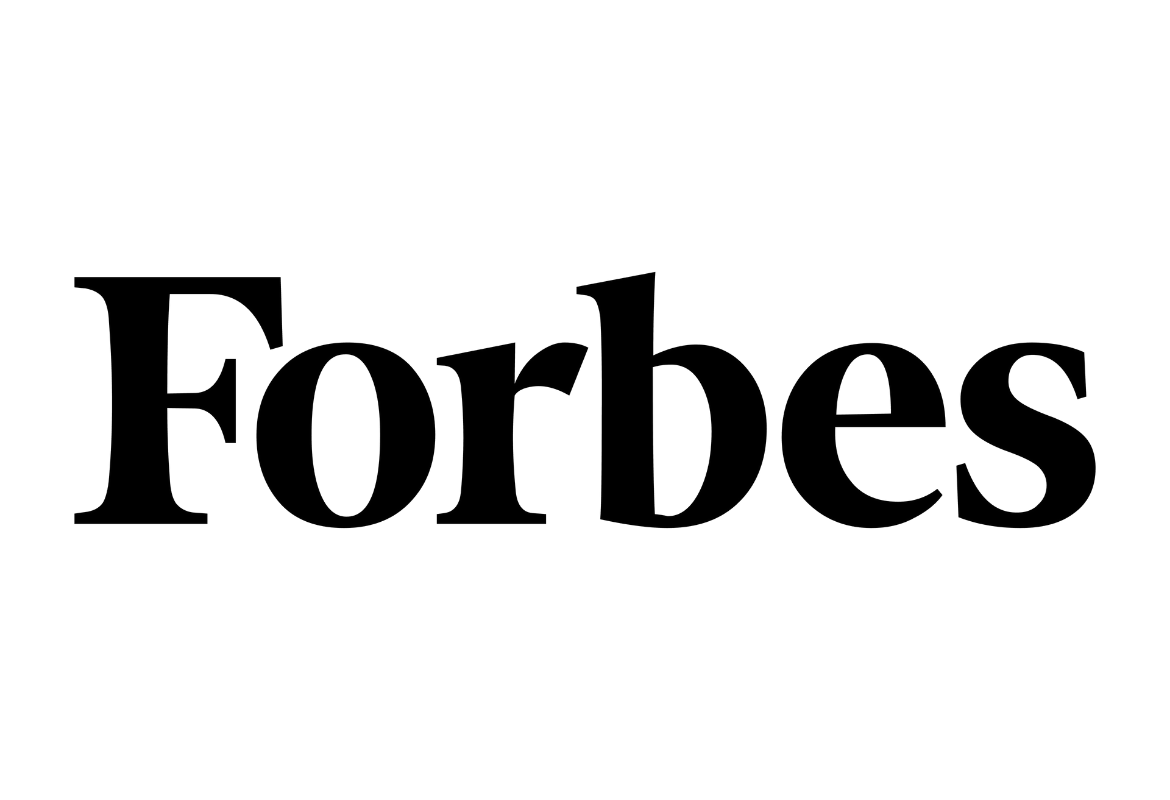October 25, 2021
60% Of Water Wells Fail In Africa. An App Aims To Prevent That.
Many nonprofits work diligently to help provide clean water to communities in Africa. Unfortunately, most of those systems fail, largely due to poor maintenance.
Two years ago, the folks at Well Aware launched a company to do something about that problem.
The 12-year-old Austin-based nonprofit builds water systems in East Africa, all of which are still functioning, according to founder Sarah Evans. With that track record in mind, two years ago, the team developed an app allowing communities to diagnose problems with their water systems and maintain them on their own, launching a company called Well Beyond to sell it.
“Our goal is to change the sector-wide failure rate with this new technology,” says Kathryn Bergmann, chief operating officer and co-founder of Well Beyond.
The pandemic also forced the startup to switch gears and change its initial services to providing hygiene information to communities.
A CUMBERSOME PROCESS
In addition to diagnosis and maintenance, the app also aggregates data on water systems, providing a way to suss out indicators of success. Plus, users get access to a variety of training modules on water, sanitation and hygiene, covering such areas as feminine hygiene and reproductive health, traditionally taboo subjects.
Evans attributes the widespread occurrence of water system failure to a few factors. “The country is littered with broken water systems in part because it’s a lot easier to build the infrastructure than to maintain it,” she says. Doing so requires having experts travel to remote communities to make repairs, a cumbersome and expensive process. In addition, governments that install water systems aren’t always particularly interested in going back and doing maintenance.
LAUNCHING A SUBSIDIARY
The company’s roots lie in consulting work the nonprofit started doing about five years ago. Then, in 2018, the Well Beyond team decided to take their experience and build a platform with which communities could address water system failures. To prove and pilot the concept, they worked with a medical diagnostics app for rural, developing regions to modify the platform to fit their needs. When results turned out to be positive, the nonprofit decided to build its own app and launch a for-profit subsidiary to sell it.
The platform walks community members through a step-by-step series of yes or no questions. (Think, “Are the pipes leaking?” and “Is the flip switch disconnected?”) If the issue is more complex, then the app submits a ticket to an administrative portal. After that, an expert, typically a team member from the NGO that helped with the system’s installation, provides more information or sends someone out to investigate in person. There’s also a maintenance checklist, so community members can prevent failure before it happens.
According to Bergmann, the company was on the verge of opening for business when Covid hit. “We had water system diagnostics and maintenance ready to be deployed when the world shut down,” she says. But they realized that water played a critical role in helping people to protect themselves. So they pivoted, using the app to distribute educational information that included everything from the basics of handwashing to how communities could create their own soap.
The app is now in six countries. Well Beyond is charging NGOs a fee, though the company is still figuring out the long-term pricing structure. “We want to get this into as many hands as possible,” says Bergmann.
